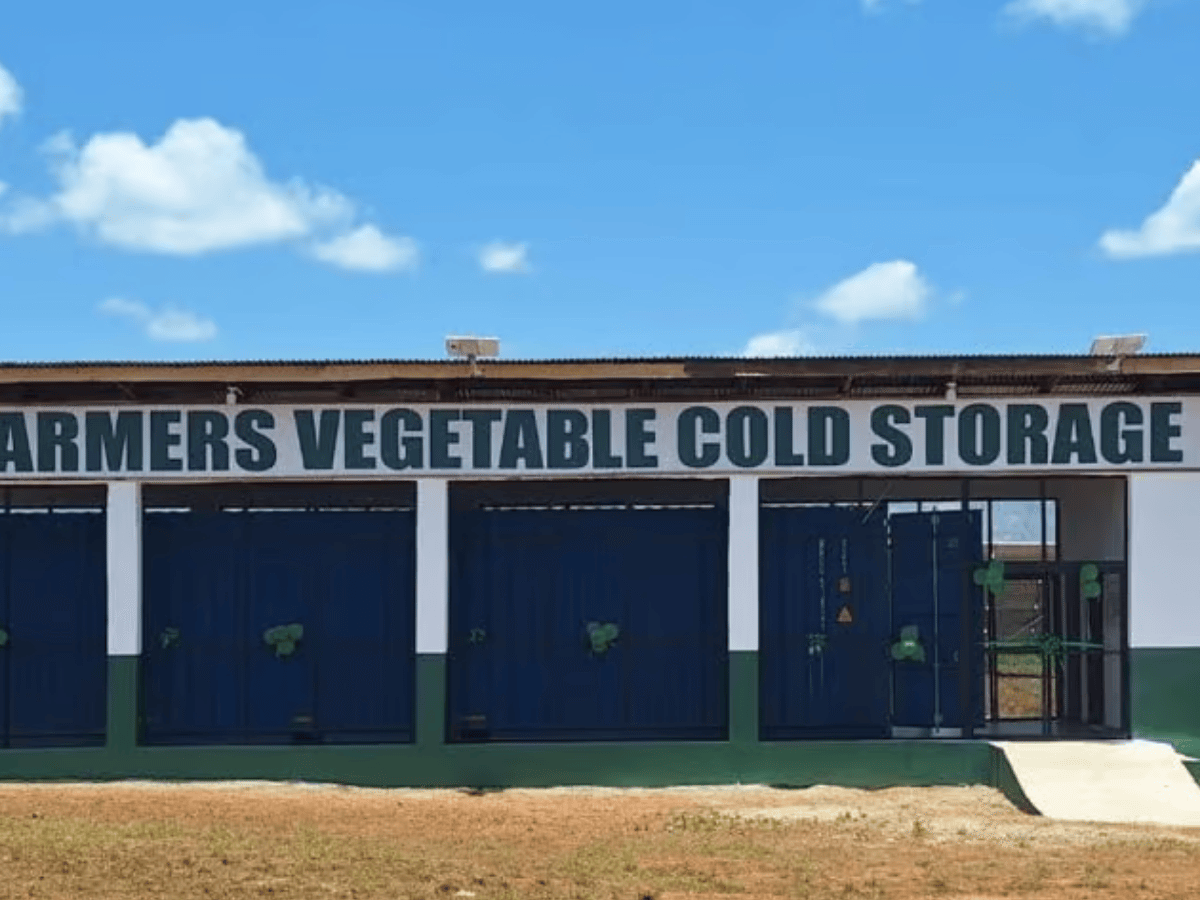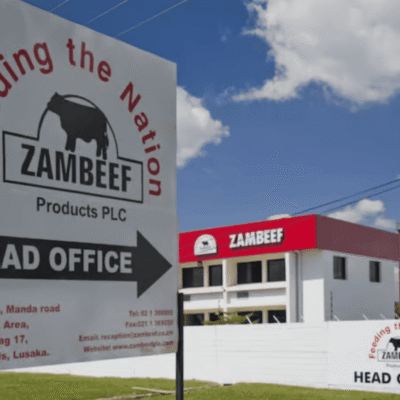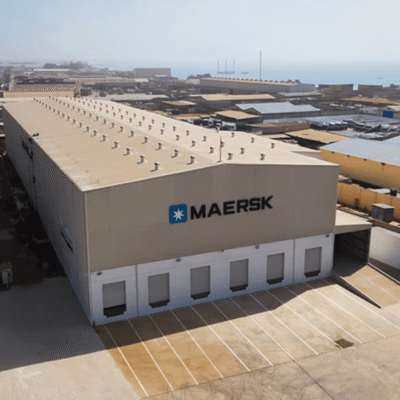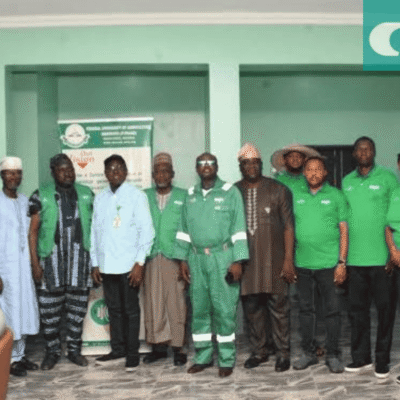LIBERIA – Liberia has slowed down fresh produce spoilage thanks to a newly launched cold storage facility powered by renewable energy.
Unveiled by Liberia’s Ministry of Agriculture under the Rural Economic Transformation Project (RETRAP), the 77-cubic-meter cold storage unit is poised to rewrite the script for local vegetable producers.
Strategically placed along the Ganta–Monrovia Highway—a lifeline for agricultural commerce—the facility will help farmers preserve quality, reduce losses, and strengthen their grip on both local and national markets.
Built from a 40-foot container and powered by a 15kVA solar energy system backed by a 20kVA generator, the unit is designed to withstand Liberia’s erratic power supply and seasonal extremes.
The project, funded through a US$300,000 loan from the World Bank, also includes a vegetable van capable of hauling up to four tons of produce—another critical piece in the fresh-produce puzzle.
Spark behind the idea
For Gala Toto, RETRAP’s National Program Coordinator, the facility represents more than just infrastructure. It’s the answer to a question that had haunted him for years.
“Each time I traveled this route, I saw farmers working through the night, loading trucks with cabbages,” he recalled at the launch ceremony.
“I wondered—why not support them by providing cold storage to preserve their produce for market sales?” That moment of reflection became a proposal, which the project’s steering committee approved without hesitation.
Toto emphasized that the facility’s true value lies not just in connecting rural produce to Monrovia’s markets but in empowering local communities to thrive.
“The impact we want to see is farmers making money here, building local supply chains, and attracting supermarkets to come to them.”
Post-harvest losses a national challenge
In Liberia, up to 40% of vegetables and 35% of fruits are lost post-harvest due to inadequate storage and poor market infrastructure.
Farmers often watch helplessly as their hard-earned produce spoils within days of harvesting. With this new facility, the narrative could shift dramatically.
Cold storage, experts say, is not a luxury but a necessity—especially in regions like Nimba, one of the country’s agricultural heartlands. By slowing down spoilage and extending shelf life, such facilities offer more than just convenience; they offer farmers a fighting chance at profitability.
Representing the Agriculture Minister, Assistant Minister Folton Blasin underscored the government’s long-term vision: to build resilient, profitable, and inclusive rural economies.
“Use this facility wisely for the benefit of your community and yourselves,” he urged.
“Your collaboration will make this site vibrant and profitable. A lot of money has been invested—it’s now up to you to ensure that investment has a lasting impact.”
Pledge of stewardship from the ground up
Farmers were quick to echo that call for responsibility. Ezekiel Sayetee, Chairperson of the “Say No to Hunger Farmers Multipurpose Cooperative Society”—the group that provided land for the facility—said the community must rise to the occasion.
“This isn’t just for our village, but for all farmers from Nengbein to Beila,” Sayetee declared.
“If we’re serious about achieving food security in Liberia, we must take good care of this facility. We promise that this place will never go dry.”






